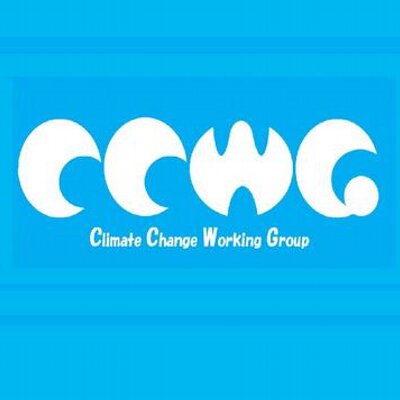China's air pollution causes 4,400 premature deaths every day.
This adds up to over 1.6 million deaths every year, accounting for one-third of all deaths in China.
Living in Beijing is the equivalent of smoking up to 1.5 cigarettes every hour.
China's air quality is worse than that of any other country.
Out of 340 Chinese cities, only one-third of them meet China’s pollution standards.
Of the 560 million Chinese who live in large cities, only 1% of them breathe air that is safe by EU standards.
China's air pollution costs the country approximately 6.5 percent of its over $11 trillion economy every year.
Factories are shut down on bad air days to avoid the dangerous health effects of breathing the dense, toxic air. This causes massive losses in productivity.

China has realized how bad of a problem their air pollution is, so they are starting to shift their focus from the economy to the environment. They are starting to crack down on the factories that do not comply with their environment regulations, and they are encouraging environmentally-friendly companies by building “green-finance zones,” which are zones that offer incentives to companies that are environmentally-friendly.
China has introduced the idea of using smog-eating towers. These towers attract and take in pollution particles, which attach to a negatively charged surface. Vents in the structure release clean air as a result. The carbon that is captured are compressed into rings, and they are sold to help fund these towers. Each tower creates a bubble of air that is 40-70% more cleaner than the rest of the city.

The United Nations Environment Program (UNEP) stated that the extremely heavy air pollution is affecting the health of many people in China, causing hundreds of thousands of premature deaths, as well as respiratory illnesses. UNEP also stated that, because of China’s role on the global stage as a top contributor of pollution, China will play a big role in the global fight against climate change in the upcoming years.
The United Nations Environment Program has suggested using hybrid, electric cars, and metros to improve air quality. Political commitment and intervention methods are also necessary to reduce air pollution’s danger in China. They also suggest a shift away from fossil fuels and towards forms of renewable energy. This will help reduce emissions of CO2, which is one of the biggest causes of air pollution.

The U.S.-China Climate Change Working Group (CCWG) is a group that was formed in April of 2013 to facilitate U.S.-China cooperation and dialogue in regards to climate change. Their main goal is to reduce greenhouse gas and and air pollution by addressing large sources of emissions. This group is comprised of representatives from several different governmental branches from each country including those from academia and civil society.
The U.S.- China Climate Change Working Group is in the process of creating new, stronger more effective policies regarding fuel consumption specifically for heavy-duty commercial vehicles (ex: ultra-low sulfur fuels), one solution that has already been enacted is the use of electric buses, and the beginnings of the Green Freight Initiative which is a program that is working to reduce the emissions from China’s enormous exportation/importation program.

Greenpeace is a Non Governmental Organization that works to reduce sources of air pollution in China. The people of Greenpeace are taking action to improve the issue and do not approve of the dangerous contamination. They also believe that if major Chinese cities had controlled PM2.5 levels, the number of deaths would decrease by 81%. Greenpeace has multiple publications that address the issue, and they have been involved in campaigns to improve air quality in China.
Greenpeace has suggested that China should reduce coal usage and switch to green energy. China also needs to restrict the construction of power plants near homes and residential areas in cities. These recommendations include introducing a national consumption cap, shutting down inefficient coal-fired industrial boilers, and strengthening supervision efforts of the pollution. Greenpeace stresses these changes since air pollution costs China billions of years annually in health and the nation’s overall productivity.

China is looking for ways to clean its air, and a smog vacuum tower could be a possible solution. This tower was created by Daan Roosegaarde, Delft Technology University, and European Nano Solutions, which is a green company in Netherlands.
The tower uses ion technology, releasing positively charged ions to suck in air, and a negatively charged surface attracts and attaches pollution particles to the surface. The tower then expels the clean air through vents in the bottom.
It cleans 30,000 cubic meters per hour, which is roughly one football stadium per day. Roosegaarde claims that the surrounding air improves by 75%.

Coal burning is the single biggest cause of premature deaths due to air pollution in China and is responsible for about 40 percent of all PM2.5 in China's atmosphere.
In addition to hundreds of thousands of deaths, coal also causes various respiratory illnesses such as lung cancer on a much larger extent.
To combat this, China should move towards sources of renewable energy such as wind and solar power. This would allow China to have less of a reliance on coal, which would in turn significantly reduce pollution.